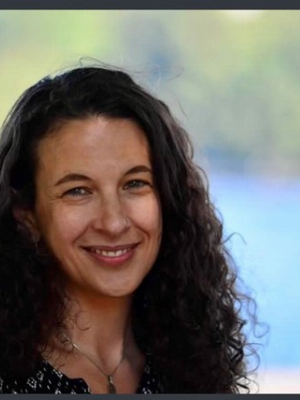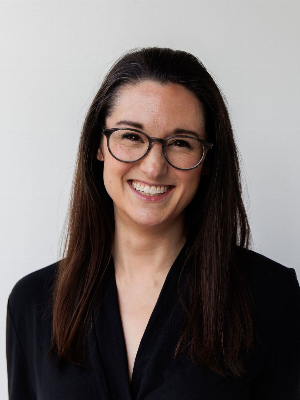
May 6-10, 2024 - Virtual via Zoom
It’s no secret that the standardized developmental screening tools required in many early childhood programs don’t always feel like the best fit for the diverse children and families often served. This session explores the challenges that arise when the screening activities do not match the family’s home culture and offers concrete ways to respectfully individualized each screening experience, while maintaining the integrity of the screening tool. The presenters bring several years of experience screening diverse children in an array of settings, are certified trainers on the Ages & Stages Questionaries, and are passionate about making screening parent-driven and respectful.


Stephanie, owner of Waypoint, blends expertise in public health, early childhood education, pediatric clinical care, and family resource navigation. She consults for agencies and organizations nationwide as they pilot new practices at the programmatic- and systems-level. She thrives in projects that span early learning, clinical, and social service settings-- where alignment of staff knowledge and workflow yields a more cohesive and self-determined experience for families.